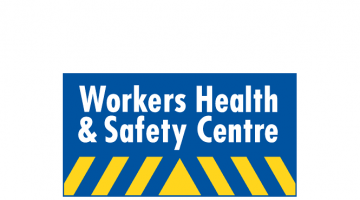Mental health in the workplace
Workplaces play a dual role in the area of mental health. On the one hand, they can be a stressful environment that contributes to mental health problems among workers. On the other hand, they can play an important part in helping to detect and manage mental health problems when they arise among workers, and in ensuring the healthy recovery and return of workers who are off work due to a mental health issue. IWH research in this area helps paint a clearer picture of the prevalence of mental health problems among workers, the types of labour force and workplace factors that may contribute to poor mental health, and the workplace-based and system prevention efforts that can help improve the mental health of workers and ensure they have the proper supports when needed.
Featured

Understanding PTSI program implementation processes in Alberta first responder organizations

Mental health of Canadians who work from home no better or worse than those working outside the home

Work-related stressors impact women and men differently, research finds

Supervisors who react with support can help injured workers return to the job

Benefits outweigh costs for workplaces that accommodate people with mental illness
Challenges in accommodating mental and physical health conditions: What workplace parties are saying
Superior Mental Wellness @ Work: Results of a comprehensive employee mental health project in northwestern Ontario

Work-focused CBT can help depressed employees remain on the job

IWH’s new guide on supporting workers with depression integrates research with practice
